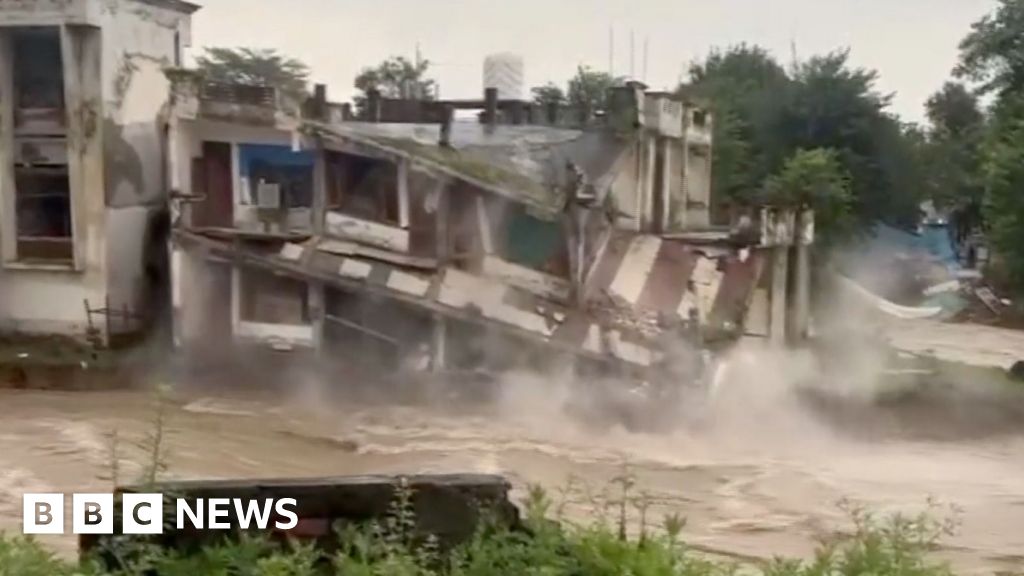The current heatwave marked the highest daytime temperatures seen in over seven decades, with averages up to 37.4°C (99.32°F). As schools closed for two weeks to cope with the heat, many farmers reported failing harvests and declining crop quality, urging immediate action before their livelihoods are lost. Long-term environmental changes, attributed to climate change, pose further threats including prolonged dry spells and erratic rainfall patterns.
Experts warn that these trends indicate a systemic shift in Kashmir's climate, jeopardizing water security, agriculture, and biodiversity, while also impacting human health as residents experience increasing heat-related illnesses. Despite the region's minimal contribution to global carbon emissions, local urbanization and changing agricultural practices have exacerbated the situation.
While regional authorities acknowledge the problem and claim to be prioritizing it, farmers like Ms. Begum call for quicker, more decisive actions to avert a disaster that could threaten future generations.
The journey of recovery and adaptation in Kashmir requires collective efforts in addressing climate change's irreversible impacts, emphasizing the need for urgency.
As the convergence of local actions and global climate efforts become essential, Kashmir stands as a poignant example of how vulnerable communities face the harsh realities of environmental changes.
Experts warn that these trends indicate a systemic shift in Kashmir's climate, jeopardizing water security, agriculture, and biodiversity, while also impacting human health as residents experience increasing heat-related illnesses. Despite the region's minimal contribution to global carbon emissions, local urbanization and changing agricultural practices have exacerbated the situation.
While regional authorities acknowledge the problem and claim to be prioritizing it, farmers like Ms. Begum call for quicker, more decisive actions to avert a disaster that could threaten future generations.
The journey of recovery and adaptation in Kashmir requires collective efforts in addressing climate change's irreversible impacts, emphasizing the need for urgency.
As the convergence of local actions and global climate efforts become essential, Kashmir stands as a poignant example of how vulnerable communities face the harsh realities of environmental changes.





















